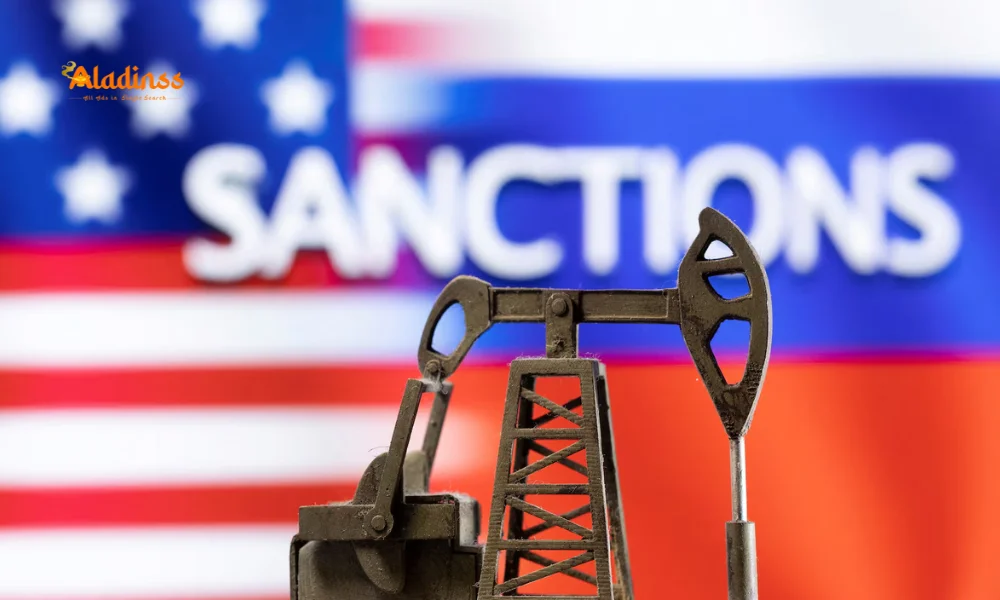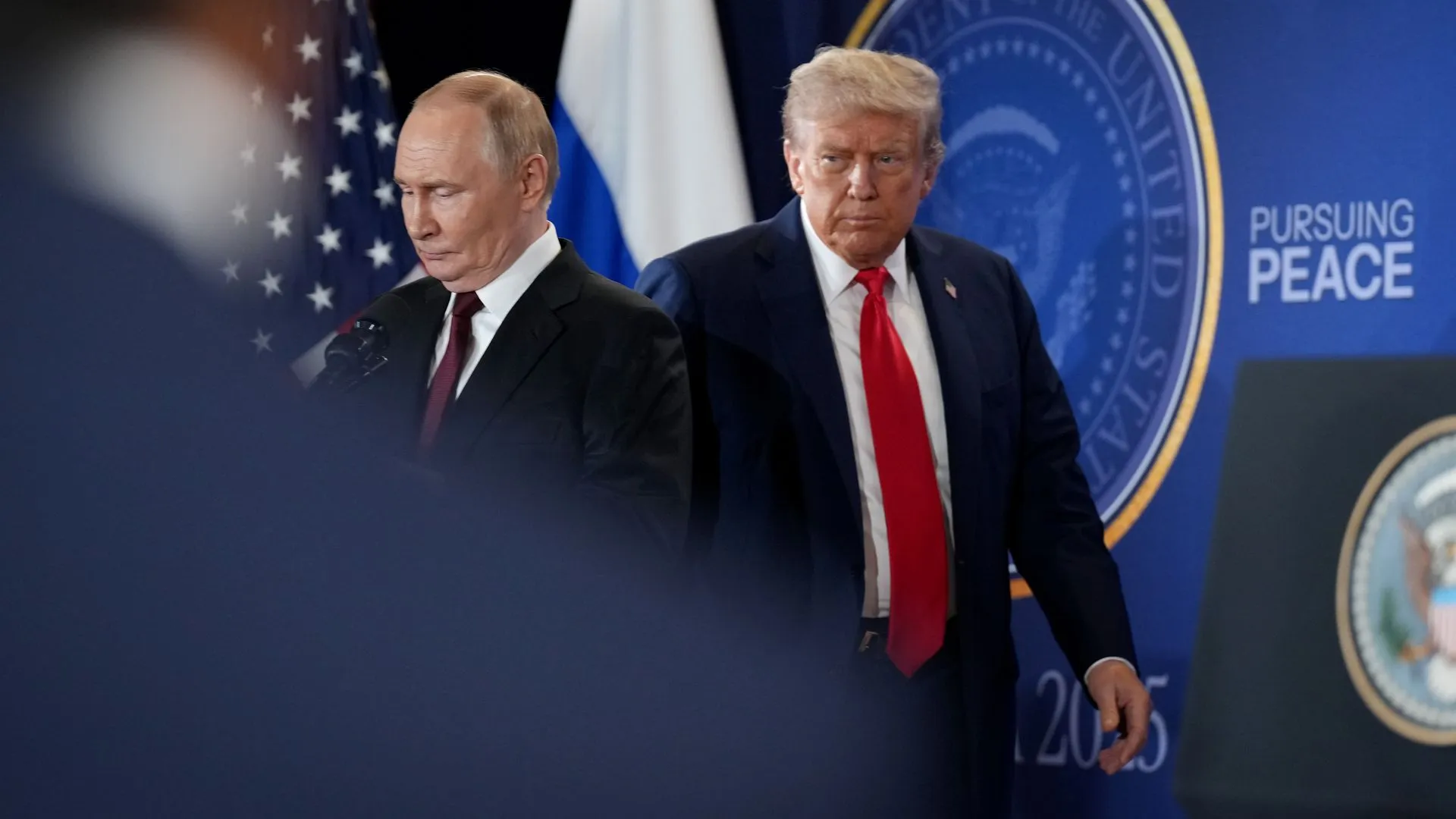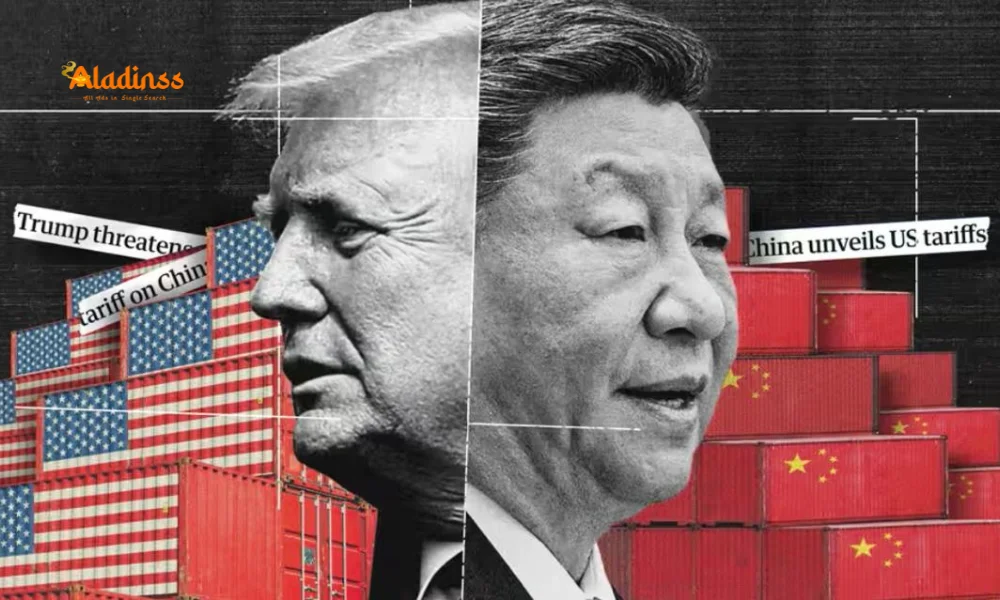US Hits Russia’s Oil Giants with Major Sanctions as Ukraine War Escalates

US Slaps Sanctions on Russia’s Top Oil Giants Amid Ukraine Tensions
On October 22, 2025, the United States imposed significant sanctions on Russia’s oil companies, targeting Rosneft and Lukoil, the country’s two largest energy firms. The move, announced by the US Treasury Department, comes as a response to Russia’s perceived lack of sincerity in Ukraine ceasefire talks. President Donald Trump expressed disappointment over stalled negotiations, emphasizing the need for Russia to engage in good-faith discussions to end the ongoing conflict. The sanctions aim to cripple Russia’s energy sector, a key revenue source for its military operations.
The decision follows the cancellation of a planned summit between Trump and Russian President Vladimir Putin in Budapest, highlighting a deepening diplomatic rift. Treasury Secretary Scott Bessent stated that the sanctions are intended to pressure Russia into pursuing peace. US sanctions on Russia target Rosneft, a vertically integrated energy giant, and Lukoil, a major player in oil and gas exploration, to disrupt the Kremlin’s financial support for its war efforts.
Details of the Sanctions on Rosneft and Lukoil
The US Department of the Treasury’s Office of Foreign Assets Control (OFAC) outlined that the sanctions target Russia’s energy sector to undermine the Kremlin’s ability to fund its military activities. Rosneft, known for its comprehensive operations in oil exploration, production, refining, and distribution, is a cornerstone of Russia’s economy. Similarly, Lukoil plays a critical role in oil and gas production and marketing, both domestically and internationally. By targeting these entities, the US aims to significantly impact Russia’s economic stability.
The Treasury Department emphasized that these measures are a direct response to Russia’s failure to commit to a meaningful peace process in Ukraine. The sanctions are designed to limit Russia’s energy revenue, which has been a lifeline for its war efforts. Russia’s oil sanctions are expected to create ripple effects across global energy markets, potentially affecting oil prices and supply chains.

Trump’s Push for Peace and Diplomatic Challenges
President Trump underscored the severity of the sanctions, describing them as “tremendous” and aimed at Russia’s largest oil companies. Speaking to reporters, he expressed hope that the measures would push both Russia and Ukraine toward a resolution. “We want this war to end. It’s been nearly four years, and both sides are suffering heavy losses,” Trump said, referencing the reported 8,000 Russian and Ukrainian casualties in the past week alone. He added that the US is closely monitoring Russia’s military capabilities, including missile activities, but remains optimistic about a peaceful outcome.
However, Trump acknowledged uncertainty about whether the sanctions would compel Russian President Vladimir Putin to negotiate. “It takes two to tango,” he remarked, urging both Putin and Ukrainian President Volodymyr Zelensky to approach talks with reason. The cancellation of the Budapest summit, initially planned to facilitate dialogue, underscores the challenges in US-Russia diplomacy. A preparatory meeting between US Secretary of State Marco Rubio and Russian Foreign Minister Sergey Lavrov was also scrapped, with Trump citing the need to avoid “wasted” efforts.
Treasury Secretary’s Call for Ceasefire
Treasury Secretary Scott Bessent took to X to reinforce the US position, stating, “It’s time to stop the killing and secure an immediate ceasefire.” He highlighted that the sanctions on Rosneft and Lukoil are part of a broader strategy to weaken Russia’s war machine. Bessent also urged US allies to support and adhere to these sanctions, signaling potential for coordinated international action. The Treasury Department remains prepared to escalate measures if Russia does not show progress in peace negotiations.
In a Fox Business interview, Bessent elaborated on the diplomatic efforts, noting that behind-the-scenes talks have been ongoing but have yielded insufficient results. “President Putin has not approached these discussions with the honesty we expected,” he said, echoing Trump’s sentiment of disappointment. The sanctions reflect a shift from diplomatic patience to economic pressure, aiming to force Russia into meaningful dialogue.
Diplomatic Freeze and Canceled Summit
The sanctions come in the wake of a canceled summit between Trump and Putin, initially scheduled to take place in Budapest. Just a week prior, Trump had announced plans for the meeting, raising hopes for a breakthrough in Ukraine negotiations. However, by October 21, the White House confirmed the summit’s cancellation, citing a lack of progress in preparatory talks. A planned dialogue between Rubio and Lavrov was also abandoned, with a White House official noting that a recent phone call between the two was sufficiently productive, negating the need for an in-person meeting.
Kremlin spokesperson Dmitry Peskov downplayed the cancellation, stating, “You cannot postpone what was never scheduled.” This response highlights the ongoing diplomatic freeze between the US and Russia, with both sides maintaining firm stances on the Ukraine conflict. The abrupt shift from planned talks to sanctions underscores the challenges in bridging the gap between Washington and Moscow, particularly as the war nears its fourth year.
Impact on Russia’s Economy and Global Energy Markets
The sanctions on Rosneft and Lukoil are poised to have significant economic repercussions for Russia. The energy sector is a critical component of the country’s economy, and restricting the operations of its two largest oil companies could strain government revenues. Russia’s oil sanctions may also disrupt global energy markets, as Rosneft and Lukoil are major players in international oil and gas supply chains. Analysts are closely watching for potential increases in oil prices and shifts in global energy dynamics.
For Russia, the sanctions represent a challenge to its financial stability, particularly as it continues to fund military operations in Ukraine. The US aims to weaken Russia’s economic resilience, hoping to create leverage for diplomatic negotiations. However, the effectiveness of these sanctions will depend on Russia’s ability to find alternative markets and the willingness of US allies to enforce similar measures.
Global Reactions and Future Outlook
The international community is closely monitoring the US sanctions on Russia’s oil companies. Allies are being encouraged to align with the US measures, which could amplify their impact. However, the global energy market’s interconnected nature means that disruptions in Russia’s oil supply could have far-reaching consequences, including higher energy costs for consumers worldwide. The US has signaled its readiness to implement additional sanctions if Russia does not show a commitment to peace talks.
As the Ukraine conflict continues, the US remains focused on advocating for a peaceful resolution. The sanctions on Rosneft and Lukoil are a strategic move to pressure Russia economically while maintaining diplomatic channels. However, the path to peace remains uncertain, with both sides entrenched in their positions. The international community awaits further developments, as the sanctions could either push Russia toward negotiations or escalate tensions further.
Why These Sanctions Matter
The sanctions on Russia’s oil giants are a significant escalation in the US strategy to address the Ukraine conflict. By targeting Rosneft and Lukoil, the US is directly challenging Russia’s economic backbone, aiming to limit its ability to sustain military operations. These measures reflect a broader shift toward economic pressure as a tool for diplomacy, especially after the failure of recent talks. US sanctions on Russia highlight the ongoing challenge of balancing economic warfare with diplomatic efforts to achieve peace.
For global observers, the sanctions underscore the complexity of the Ukraine crisis. The human toll, with thousands of casualties reported weekly, emphasizes the urgency of finding a resolution. As the US and its allies navigate this delicate situation, the sanctions on Russia’s oil companies serve as a reminder of the high stakes involved in achieving a lasting ceasefire.
Comment / Reply From
No comments yet. Be the first to comment!











